Last updated on May 20, 2025
A film by Robin Campillo
With: Eloy Pohu, Maksym Slivinskyi, Pierfrancesco Favino, Élodie Bouchez, Malou Khebizi, Nathan Japy
Enzo, 16, defies his bourgeois family’s expectations by starting a masonry apprenticeship, a path far removed from the prestigious life they had envisioned for him. In their chic villa in the sun-drenched South of France, tensions simmer as relentless questions and pressures weigh on Enzo’s future and dreams. On the construction sites, however, Vlad, a charismatic Ukrainian colleague, shakes up Enzo’s world and opens the door to unexpected possibilities.
Our rate: **
A Laurent Cantet film directed by Robin Campillo, with Elodie Bouchez (among others). Each of these 3 names can be found in the film’s signature. We clearly recognize themes that run through all of Laurent Cantet‘s films, whether it’s learning (the learning film), education, social issues and one’s place in society, or adolescence. The film reveals to be a portray as Robin Campillo claims on stage at the Théâtre Croisette during the film’s premiere at the Quinzaine des cinéastes, his aim being to share with us Enzo’s particular feelings. In fact, the film is built in the opposite direction to Ressources Humaines, starting from the premise that Enzo, born into an affluent family, can’t find his way, his voice, crushed by his father’s overprotection, his mother’s love (he’s the little darling), and his older brother’s academic success. Without being in rebellion, he’s looking for himself, not finding any particular talents, or not knowing how to see them. Even art, for which he seems to have a talent, doesn’t appeal to him. He needs to be confronted with something concrete, to consider himself useful, to assert himself through a choice of his own, in total independence. Robin Campillo‘s touch is also evident in the film’s luminous direction, brighter, for example, than in The Workbench, which was also shot in the South. And then there’s Elodie Bouchez, who in spite of herself takes us back to Téchiné‘s Roseaux Sauvages (even if his filmography includes many other references, the theme of discovering one’s desires, one’s body, one’s attraction to others, in this case homosexuality and its psychological consequences or affect, brings us much closer to Téchiné than to Zonca, to quote another director who revealed Bouchez’s talent in her early roles). The whole thing works rather well, because things are skilfully shown, giving a glimpse of the complexity of the feelings involved, well served by the performances of all the actors, Pierfranceso Favino very credible in the role of a father very/too concerned about his son’s future, but above all Eloy Pohu, who plays Enzo, and Maksym Slivinskyi, in the role of Vlad, Enzo’s object of desire and fascination, but also a fantasized surrogate father. While the film lacks the intellectual power and militant force of some of Cantet’s other excellent films (Entre les murs, l’établi, Ressources humaines, l’Atelier, etc.), it does share with them a sense of detail and realism that give the fiction a tangible sense of reality, as well as a few well-delivered moments of revelation.

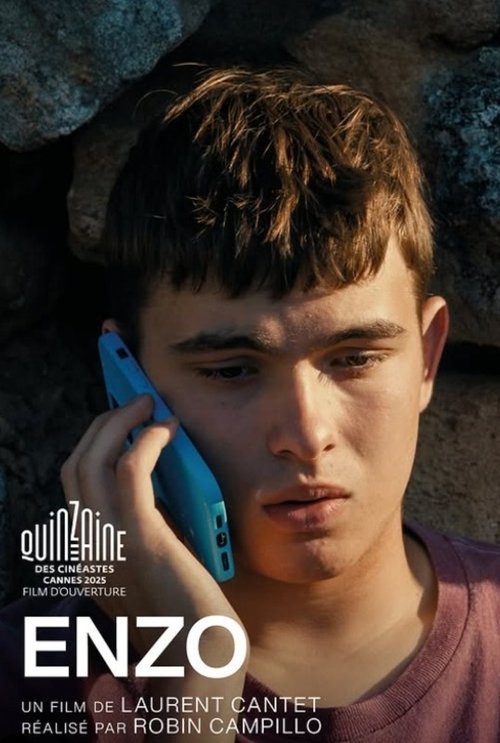
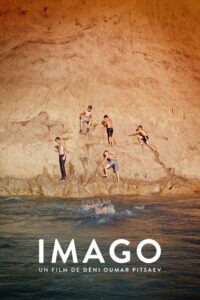
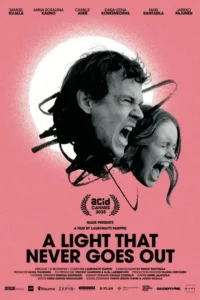
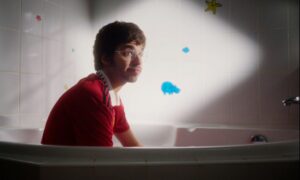

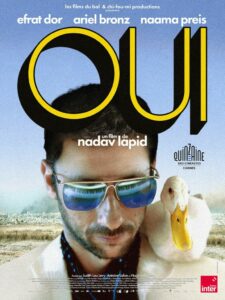
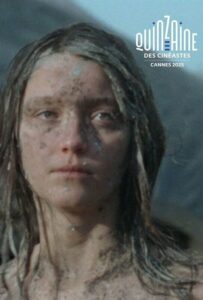
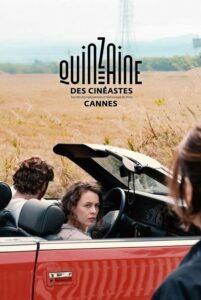
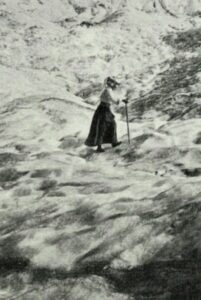
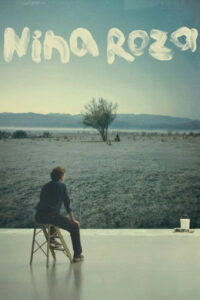
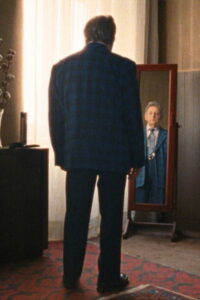
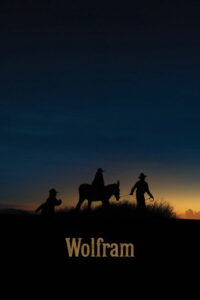
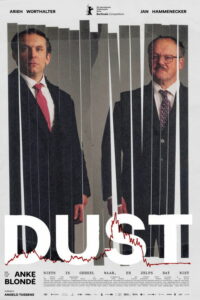
Be First to Comment